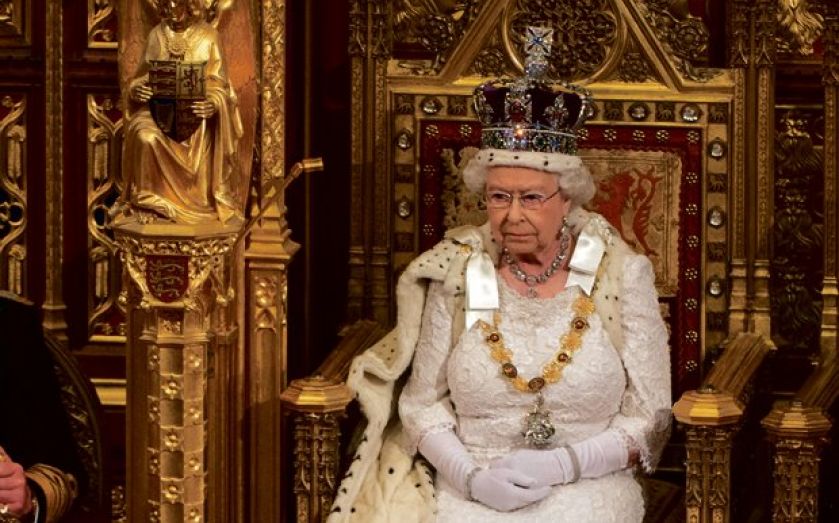Business groups pick apart new policies laid out in Queen’s Speech

BUSINESS groups largely welcomed yesterday’s Queen’s Speech, but many nevertheless identified concerns with specific policy proposals, including the immigration and childcare bills.
Tim Thomas, head of employment policy at EEF, the manufacturers’ organisation, took issue with the immigration bill, which the government said would include a possible “skills levy” to tax businesses that use foreign labour. The government said revenues from the levy would fund 3m apprenticeship schemes. Thomas said yesterday that while manufacturers would support more apprenticeships, businesses would be wary of any levy scheme.
“Any future apprenticeship levy imposed on these employers, simply because they have recruited a worker from outside the EU, will be seen as punitive and risks alienating the same employers who already train UK apprentices,” he said.
Meanwhile, John Longworth, director general of the British Chambers of Commerce, said the Queen’s Speech was “a positive start” to David Cameron’s new government, but took issue with the proposed method of funding expanded access to childcare.
The government said it would double working parents’ access to subsidised childcare to 30 hours a week of free childcare for three- and four-year olds.
But Longworth pointed to previous Conservative promises to pay for the scheme by cutting back on benefits for pensioners, saying such cuts could hurt businesses.
“Past commitments to raid pensions savings, even to pay for a business priority such as childcare, will dismay entrepreneurs, for whom long-term rewards are often more important than short-term pay,” he said. “We hope the government reconsider and move towards a more cost-effective method of supporting working parents through a fiscally neutral childcare contribution scheme,” Longworth said.
THE QUEEN’S SPEECH, BILL-BY-BILL
▪ A full employment and welfare benefits bill aiming to create 2m more jobs and 3m more apprenticeships.
▪ An enterprise bill to cut red tape and help small and medium-sized businesses resolve late payment disputes.
▪ A personal tax allowance bill raising the personal allowance to £12,500 and linking future increases to the minimum wage.
▪ A finance bill legislating a tax “freeze” on income tax rates, VAT rates and national insurance contributions.
▪ A childcare bill doubling free childcare entitlements for families with two working parents to 30 hours per week.
▪ A housing bill enabling the extension of Right to Buy levels of discount to housing association tenants.
▪ An energy bill establishing an oil and gas authority independent regulator.
▪ An immigration bill introducing a new offence of illegal working.
▪ A trade unions bill setting in place restrictions on strike ballots and trade union political funding.
▪ An education and adoption bill increasing oversight of and intervention in failing schools.
▪ A cities and local government devolution bill giving more powers to towns and counties.
▪ An HS2 bill awarding planning permission for the railway between London and the west Midlands.
▪ A Scotland bill implementing the suggestions of the Smith Commission.
▪ A Wales bill and a Northern Ireland bill devolving more powers to their respective national parliaments.
▪ An EU referendum bill calling for an in/out vote before the end of 2017.
▪ An extremism bill allowing the home secretary to crack down on extremist groups.
▪ An investigatory powers bill giving the government the right to monitor Britons’ online communications.
▪ A psychoactive substances bill creating a blanket ban on new recreational drugs.